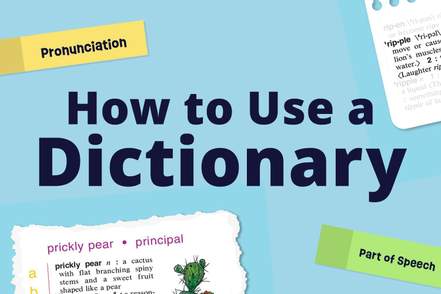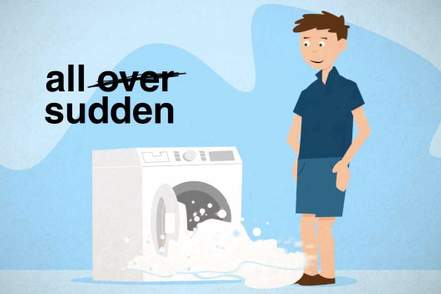TRANSCRIPT
Welcome to Ask the Editor. I'm Emily Brewster, an associate editor at Merriam-Webster.
Please forgive the depressing entrée into this important grammar matter as you consider the following examples.
- None of the doughnuts are left.
- None of the coffee is left.
- I was hoping there would be some left, but when I looked none was there.
- None were there?
Hmm. Sometimes it's just not clear which verb to use with none. Is it singular, or plural, or both?
There's a rumor about none. It says that none is always singular, and that even my first sentence, none of the doughnuts are left, should be singular, none of the doughnuts is left.
None, so the rumor goes, means not one, and is therefore singular, just as the phrase not one is singular, like in the endlessly depressing sentence, not one doughnut is left.
This rumor is more than 200 years old, and it's based on the fact that the word none is from an old English word that means not one. That part is true. But, unlike our modern English phrase, not one, that old English word could be either singular or plural.
The fact is that none has been used with plural verbs for more than a thousand years. Not only that, but none, in modern English, doesn't mean only not one. It also means not any, as in, half a doughnut is better than none. And it means no part, or nothing, as in, I want to hear none of this foolishness about a lack of doughnuts.
Usage experts acknowledge that none is sometimes singular and sometimes plural. They mostly recommend that you treat it as singular when it means not one, or no amount, and plural when it means not any.
None of that will get you doughnuts, or coffee. But it's sound advice, nonetheless.
There are many more Ask the Editor videos at merriam-webster.com.











